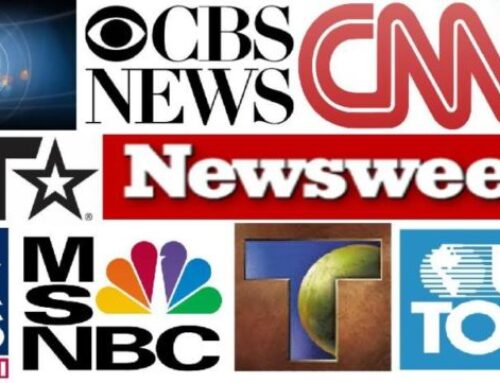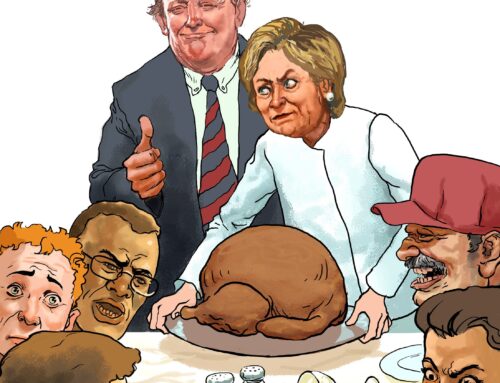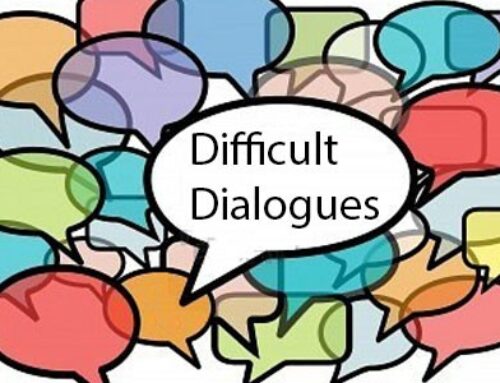Alternative Facts: The Ultimate Merger of Fact and Story
June 20, 2017
The term alternative facts has been a hot topic in the current presidency. The phrase was coined by Kellyanne Conway during a Meet the Press interview in January 2017, in which she defended Sean Spicer’s statement about the attendance numbers of Donald Trump’s inauguration. When challenged during the interview about the statement, Conway said that Spicer was giving alternative facts. Conway later defended her choice of words, defining alternative facts as “additional facts and alternative information.”
The concept of alternative facts is fascinating to me from a psychological perspective, because I believe it reflects an extreme version of a process that each of us engages in at some level. Namely, we aren’t fully objective in our observation of the world around us. We each bring a certain perspective or lens with which we view events. There is an objective reality, but none of us can see it with perfect clarity. We are impacted by our own perspective and biases. We see some truth, and some untruth.
When we make a judgment about anything, there are two factors at play. First, there is the objective reality, or the facts. Second, there is our opinion, or the story we make up about the facts. Those two factors mix together and create our judgment about the event or issue.
We have a hard time separating the objective facts from the story we make up about those facts. So we merge the two. And then we get stuck in our differences, because we argue about the “facts,” when in reality we are arguing about our own story that we made up about those facts. We can’t possibly understand why our opponent could be so dim-witted to not see the “facts,” when the reality is that our opponent is more likely speaking about the story they made up about those facts.
The problem is, we are doing the same thing.
When a society goes to the extreme in merging facts with story, we get alternative facts. Our own stories are so intertwined with objective reality, there is no objective reality. There are no longer any facts. When this happens, it is impossible to have a productive discussion about our differences, because there is no baseline agreement on the objective reality of the situation.
When I talk with people (like married couples) who struggle with disagreement, one of the first things I discuss is the importance of separating facts from story. I think this process is essential as we try to navigate a diverse, multicultural society. We have to engage with humility and admit that many of the things we present as facts are actually stories, heavily influenced by our perspective and opinions. Alternative facts aren’t actually facts—it’s a story that we make up about the facts. We all engage in this process to some degree, but to move forward, we need to be honest and separate story from fact.
Related Thoughts

Subscribe To My Newsletter
Join my mailing list to receive the latest blog posts.
Receive my e-book “The Mental Health Toolkit” for free when you subscribe.





